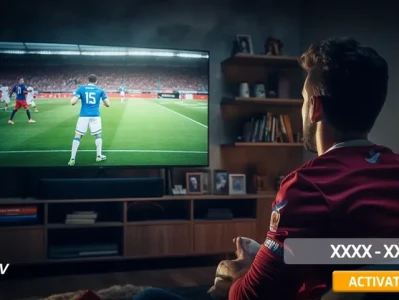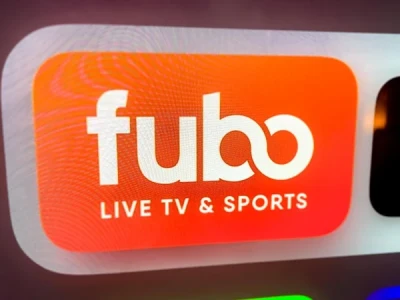Generated Title: Ditching YouTube TV? Here's Where the Smart Money's Going
The cord-cutting landscape just got a little more chaotic. YouTube TV and Disney are duking it out over contracts, and consumers are caught in the crossfire. ABC, ESPN, FX, National Geographic—poof, gone from YouTube TV subscribers' screens. But let's be real, this isn't the first streaming spat, and it certainly won't be the last. The question is, where do the savvy viewers go from here?
The Streaming Shuffle: A Calculated Gamble
The knee-jerk reaction is to scream and cancel YouTube TV. But hold on. Let’s analyze the options. The obvious contenders are Fubo, Sling TV, and ESPN Unlimited. Each offers a slice of the Disney pie, but the devil's in the details (and the monthly bill).
Fubo is throwing around a free trial and $30 off the first month. Okay, not bad. They’re dangling the "Sports Plus with NFL RedZone" carrot for the football fanatics. But let's be clear: after the initial discount, you're looking at $54.99 or $74.99 per month. That's a considerable chunk of change. And the new Deluxe plan at $84.99? They’re betting big on people wanting MGM+ and "International Sports Plus". Are those extras really worth the added cost, or is it just bloatware designed to pad their bottom line?
Sling TV is pitching short-term passes. This is an interesting play. A week, a weekend, or even a day pass. It's like a streaming sampler platter. The marketing copy talks about "annoyance of monthly costs." I'll say. The real annoyance is trying to figure out which Sling package actually has the channels you want. It feels deliberately confusing, doesn't it? They’re banking on you getting frustrated and just signing up for something—anything—to watch the game.
Then there’s ESPN Unlimited, ESPN's direct-to-consumer play. Finally. This is what everyone’s been waiting for. Cut out the middleman and go straight to the source. But is it actually cheaper? And does it have everything? The article mentions ESPN Unlimited and ESPN Select. What's the real difference, beyond the marketing fluff? It needs further investigation.

I've looked at hundreds of these streaming packages, and the lack of transparency is always the biggest red flag. They make it as hard as possible to compare apples to apples.
Beyond Disney: The Bigger Picture
This Disney-YouTube TV dustup highlights a fundamental problem with the streaming model: channel fragmentation. We went from cable bundles we hated to streaming bundles we also hate, just in a different format. Remember when everyone ditched cable to save money? How's that working out for you now?
And what about SyFy? It's owned by NBCUniversal and offers sci-fi, horror, and fantasy content. The article mentions Fubo and DirecTV offer free trials. It's also available on YouTube TV. But how does the cost compare to the Disney alternatives? This is the part of the report that I find genuinely puzzling. Why isn't SyFy getting more attention when people are looking for alternatives? Is it because SyFy's content isn't considered as "essential" as sports or primetime network shows? Or is NBCUniversal playing a different game entirely? For those looking to stream SyFy, options include live TV providers and subscription plans, as detailed in Where to watch SyFy channel? Live stream TV providers, subscription plans and costs.
The article mentions VPNs for bypassing geo-restrictions. Translation: people are already finding ways to game the system. The streaming companies are fighting a losing battle against tech-savvy viewers who are determined to watch what they want, when they want, and how they want.
I’m increasingly convinced these constant contract disputes are a feature, not a bug, of the streaming business model. They create artificial scarcity, drive short-term subscriptions, and ultimately benefit the media conglomerates, not the consumer.
So, What's the Real Cost?
The "smart money" isn't necessarily going to Fubo, Sling, or ESPN Unlimited. It's going to the person who actually calculates the total cost of their entertainment and makes a rational decision. It means asking tough questions: How much do I really watch these channels? Am I being swayed by marketing hype? And is there a cheaper, less convenient (but ultimately more cost-effective) alternative? The answer won't be the same for everyone, but one thing's for sure: blindly jumping to the next streaming service without doing the math is a guaranteed way to get fleeced.




